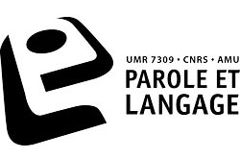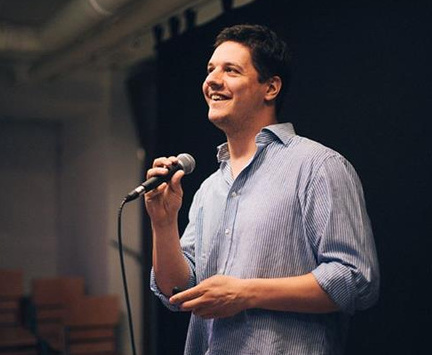ILCB Lunchtalk
Jeudi 28 Mars de 11h à 15h30 en salle des voûtes (Saint-Charles)
Organisé par Xavier Alario et Elin Runnqvist, avec des interventions de Christopher Chambers (Cardiff University, Editor of the journal Cortex), Didier Torny (Mines ParisTech – Paris), et Marie Farge (Ecole Normale Supérieure, Paris).
• 11h00 – 11h10: Motivations for this seminar: Alario, Blache, Runnqvist
• 11h10 – 11h50: Didier Torny (20 min. talk, 20 min. debate)
• 11h50 – 12h30: Chris Chambers (20 min. talk, 20 min. debate)
• 12h30 – 13h30: Lunch on site
• 13h30 – 14h10: Marie Farge (20 min. talk, 20 min. debate)
• 14h10 – 14h50: Round table (20 min. talk, 20 min. debate)
• 14h50 – end: Coffee, discussions, etc.
• Confirm attendance (mandatory) by sending an email to lunchtalks@ilcb.fr
Understanding publication practices, (models and time-courses) across disciplines to improve the impact of your inter-disciplinary research.
An inter-disciplinary discussion at ILCB
In our modern science practices, it would not be surprising to hear that the three most important assets for a scientist are… publication, publication, publication!
But what exactly is a publication? The answer to this question could be very different across disciplines, and many of its significant aspects are evolving.
Across disciplines, the increment of knowledge is conceived and packaged in diverse formats (working papers, proceedings, monographies, articles,
etc.) which are attributed vastly diverse value.
Across disciplines, the relationship between the author, the reviewers and the publishers can be vastly different. The business models of scientific publication has experienced major innovations in recent times, and presumably more changes lie ahead.
Across disciplines, the course of conception, dissemination, and archiving of a scientific contribution are practiced quite differently.
The public discussion of findings can precede or follow publication. In some disciplines, the predictions preceding an empirical study can now be archived in advance as pre-registrations, which can be referred to later to clarify whether the authors observed exactly what they predicted or predicted exactly what they observed, thus strengthening the impact of the contributions.
The inter-disciplinary « Institut Convergences ILCB » (Institute for Language, Communication, and the Brain) organizes a scientific discussion about current publication practices across disciplines. The issues above and related topics will be discussed by 4 specialist speakers.
This scientific discussion will have two goals. First, to create common knowledge, across practitioners of different disciplines, of what their collaborators in other domains consider a scientific contribution.
Second, to reflect upon and hopefully improve the publication strategies of researchers.












